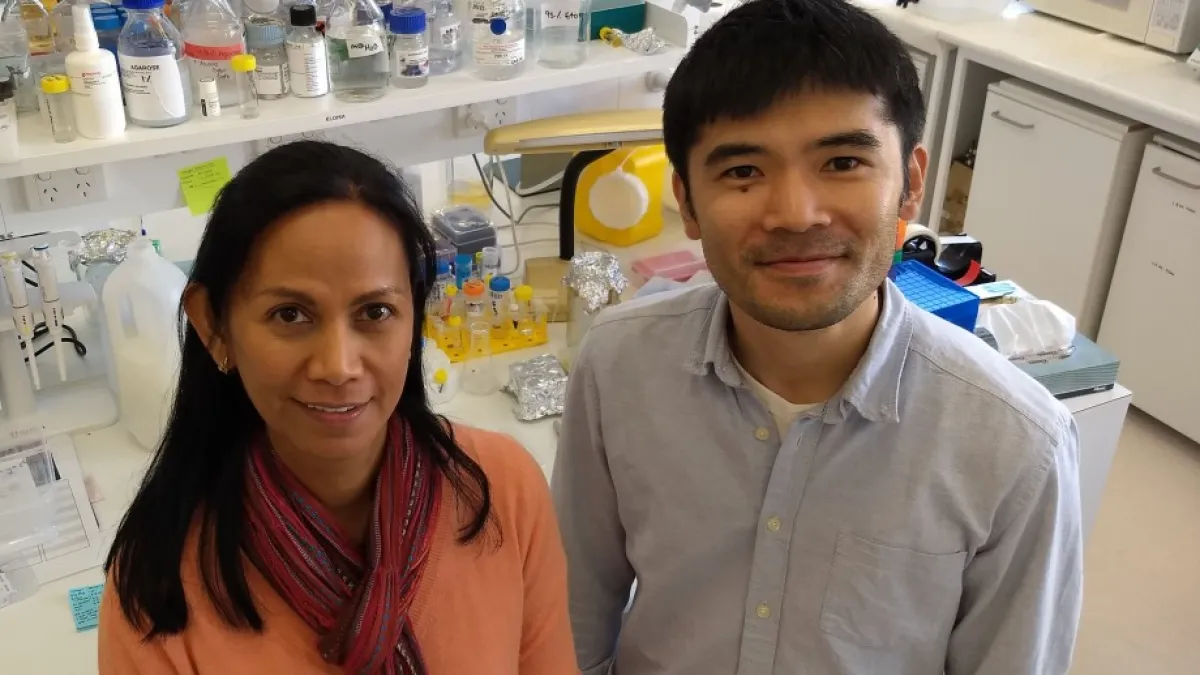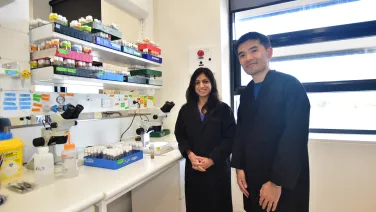The Hayashi Group - Transposon Defence and Animal Development
We are interested in learning gene expression control mechanisms through the lens of host-transposon interaction and how they play roles in animal development.
Research themes
About
Transposable elements, transposons, in short, are parasitic genetic elements present in every eukaryotic genome sequenced to date. Transposons thrive by increasing the copy number of their genome, the act of which threats the fitness of host organism by damaging the host genes or causing DNA damage. Therefore, the host organisms have acquired sophisticated defence mechanisms to silence the expression of transposon genomes. Notable examples include transcriptional repression via Zinc-Finger motif-containing proteins and Piwi-interacting RNA (piRNA)-guided gene silencing.
The host is constantly exposed to the invasion of new transposons, hence the defence pathways are deemed to be highly adaptive, which creates an evolutionary pressure to invent novel gene expression regulations. We are interested in learning gene expression control mechanisms through the lens of host-transposon interaction and how they, in turn, play roles in animal development. We currently study several post-transcriptional RNA processing mechanisms that we recently identified by combining cutting-edge biochemical approaches and next-generation sequencing techniques in a model organism fruit fly Drosophila melanogaster.
We are recruiting students of all levels PhD/Honours/Masters/PhB. Potential research projects are listed on this page. Please feel free to contact us by email (rippei.hayashi@anu.edu.au) or come to our lab (The Genome Science Department, JCSMR) and talk about your interests as well as about our research.
Alumni
Ms Eloisa Pagler, Research assistant, 2018 - 2020
Ms Sejal Sathe, ANU Masters of biotechnology, 2018 - 2019
Mr Ali Afrasiabi, Research trainee, 2019 - 2020
Ms Rakshanya Sekar, Diploma student from Vellore Institute of Technology, 2019 - 2020
Ms Phuong Le, Undergraduate research project (phB), 2020
Mr Hyunjin Kim, Research assistant, 2021






